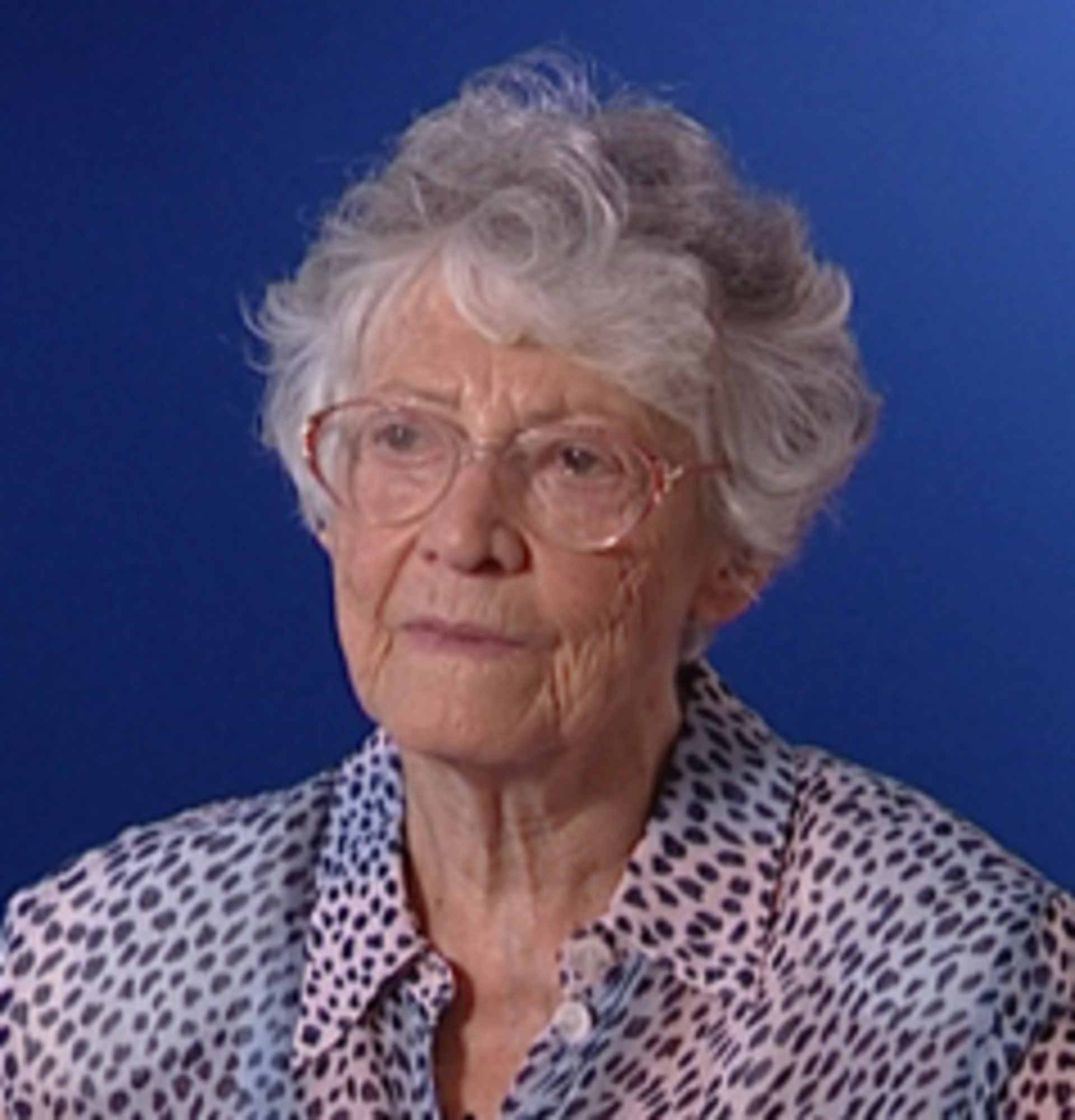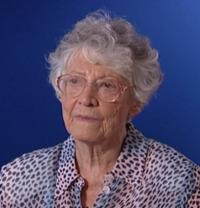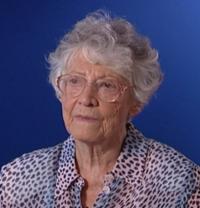If there was some relative luck in concentration camp, we definitely had it

Stáhnout obrázek
Viera Gordonová was born on February 28, 1923, in Lučenec in the family of a trader. Her peaceful life took a radical turn with the Vienna Award in 1938 when her hometown was awarded to Hungary. Not only her family, but also the entire Jewish community living on the ceded land, felt the worsening of their living conditions almost immediately. Jews were excluded from the public life and had their fundamental human rights curtailed, as well as being deprived of their enterprises and trades. Viera‘s father faced the Aryanization of his shop and was transported to the labor camp; however, he was released soon because of his old age. After finishing her secondary school studies, Viera started to study pedagogy in Budapest where she worked till the year 1944. She came home after the March 19, 1944. The German army invaded Hungary and deportations to concentration camps began. After a short stay in Lučenec ghetto, Viera was transported to Auschwitz concentration camp with her parents. Her father died there in a gas chamber on June 13. In September 1944, she was transported to Bergen-Belsen and later to the plant in German town of Duderstadt. At the end of war, she got to the Theresienstadt where she experienced the liberation of concentration camp by the Soviet Red Army. When she came to her hometown Lučenec, she was working for Jewish community for a short period of time; however, in 1945 she left for Prague where she studied English and French language.

